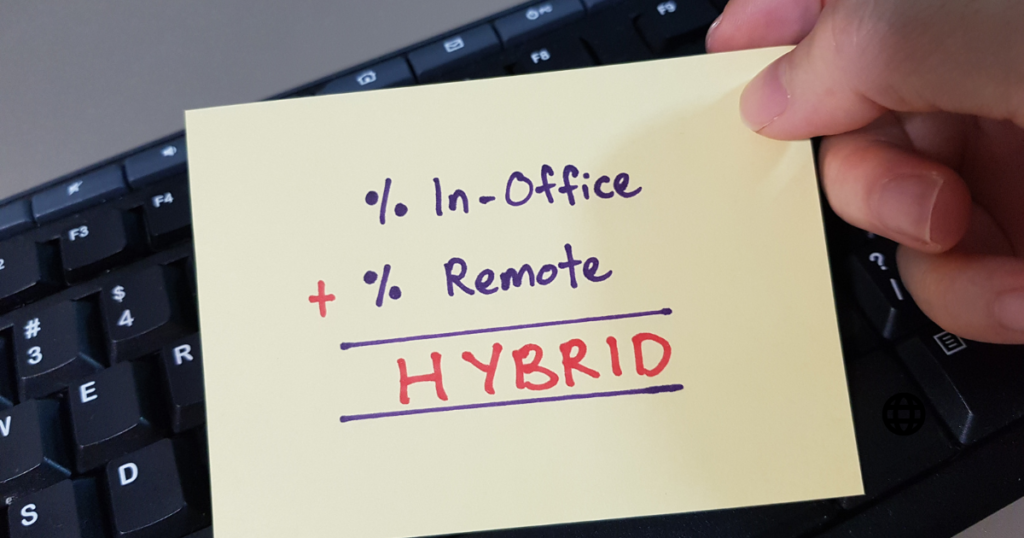- Home
- About Us
- Services
- IT, Digital & technologies
- Non- IT
- Staffing Service
- - Executive Search
- - Project Based Hiring
- - Direct Hire
- - Contract Hiring
- Contingent Staffing
- Outsourcing
- PF ESI Management
- Salary TDS Management
- Labour Compliance Outsourcing
- Compliance Management
Workforce Solution
Payroll & Compliance Management
BGV (Background Verification)
- Solution
- Blog
- Career Zone
- Contact Us
Remote Work vs. In-Office: Which is Right for You?

Remote Work vs. In-Office: Which is Right for You?
The landscape of work has evolved dramatically in recent years, with remote work becoming a viable option for many professionals. However, the traditional in-office setup still holds significant value. Deciding which is right for you can be challenging. Here’s a comparison to help you make an informed decision.
Advantages of Remote Work
1. Flexibility and Work-Life Balance
Remote work offers greater flexibility, allowing you to set your own schedule and work from any location. This flexibility can lead to a better work-life balance, as you can adjust your work hours to accommodate personal commitments.
2. Reduced Commute Stress
Working from home eliminates the daily commute, saving you time and money. This can lead to increased productivity and less stress, as you avoid traffic and long travel times.
3. Increased Productivity
Many remote workers report higher productivity levels due to fewer distractions and a more comfortable work environment. You can create a workspace that suits your needs and preferences, enhancing your focus and efficiency.
Advantages of In-Office Work
1. Collaboration and Team Building
In-office work fosters better collaboration and team building. Face-to-face interactions can lead to stronger relationships and more effective communication, which can be crucial for team projects and brainstorming sessions.
2. Clear Separation of Work and Home
Working in an office helps maintain a clear boundary between your professional and personal life. This separation can make it easier to switch off after work hours and reduce the risk of burnout.
3. Access to Resources and Facilities
Offices are typically equipped with resources and facilities that might not be available at home, such as high-speed internet, advanced technology, and meeting rooms. This can facilitate smoother workflows and more efficient operations.
Which is Right for You?
Choosing between remote and in-office work depends on various factors, including your job role, personal preferences, and company culture. Here are some considerations to help you decide:
1. Job Requirements
Some roles require physical presence for effective performance, such as those involving hands-on tasks or access to specialized equipment. Consider whether your job can be performed remotely without compromising quality or efficiency.
2. Personal Preferences
Think about your work style and preferences. Do you thrive in a structured environment with clear boundaries between work and home? Or do you value the flexibility and autonomy that remote work offers?
3. Company Culture
Your company’s culture and policies play a significant role. Some organizations have embraced remote work fully, while others prioritize in-office presence. Understanding your company’s stance can help you make an informed choice.
Conclusion
Both remote and in-office work have their pros and cons. The key is to assess your individual needs and circumstances to determine which setup aligns best with your professional and personal goals. Whether you prefer the flexibility of remote work or the structured environment of an office, the decision should support your productivity, job satisfaction, and overall well-being.

